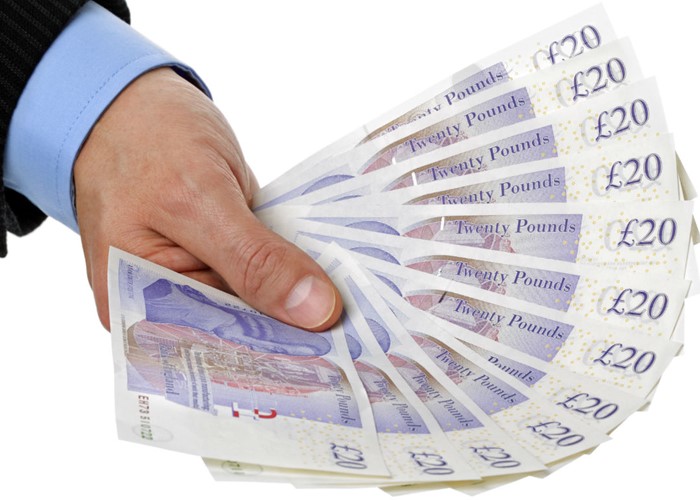How to avoid being scammed on eBay

Are you worried your dream online bargain could turn into a nightmare purchase? Here's how to avoid being `had' on the world's biggest auction site.
This week, a dodgy eBay seller was fined £5,000 and forced to do 250 hours community service after it emerged he had been scamming customers by shill bidding.
In a nutshell, shill bidding occurs when sellers bid on their own auction items, to try to raise the final selling price. The seller sets up a separate eBay user account to do this, so other bidders don’t realise what’s going on.
This particular scoundrel may not have been the smartest tool in the box, as his seller username was ‘shanconpaul’, while his bidder username was ‘paulthebusman’. See any similarities?
Another giveaway was that both identities were set up using the same contact details and IP address. Doh.
However, he still managed to rip off several people by driving up the price of items. A pie and pasty warmer, for example, was finally sold for a very handsome £127!
Unfortunately, many eBay scammers are more sophisticated than this one. Here are seven ways you can avoid being ‘had’ using the world’s biggest online auction site.
1. Stick to your guns
Work out how much you’re willing to pay for a particular item before you start, then stick to your guns. That way, you’re less likely to succumb to shill bidding tactics.
2. Check feedback
eBay feedback isn’t a foolproof way of establishing a seller’s authenticity, but is does help. See how much feedback a seller has, and check what percentage of it is positive. Personally, I’m unlikely to buy from anyone with less than 98% positive feedback.
Related blog post
- Tony Levene writes:
My phonecall from a scammer
Find out what happened when Tony Levene got a phonecall from a scammer....
Read this post
Finally, be suspicious of feedback that’s left straight after the auction closes. If the ‘buyer’ couldn’t possible have received the item in the post yet, it could be a shill bidder leaving feedback for himself!
3. Doubtful photographs
Take a good look at a listing’s photographs, and be suspicious of any that look like they’ve been grabbed from somewhere else on the internet. This may indicate that the item you’re buying simply doesn’t exist, or is not in the condition described.
4. Dodge bogus emails
Keep your eyes peeled for emailing purporting to come from eBay or PayPal. Of course, some of them will be genuine, but certain characteristics should start those alarm bells ringing. For example:
- Any emails which ask you to confirm your login or financial details;
- Any emails beginning with a generic greeting - eg ‘dear Sir’;
- Emails telling you about a bid you don’t remember making;
If you’re in any doubt, don’t open the email, and certainly don’t click on any links. Instead, forward it unopened to eBay’s or PayPal’s fraud department for them to investigate.
5. Pay safe, play safe
Never use money transfer as a method of payment. If you do, you’ll have next to no chance of getting it back if it turns out to be a scam.
If money transfer is the only option available, walk away. And don’t be taken in by sellers telling you about difficulties processing PayPal payments, technical difficulties with their credit card system, or any other nonsense!
6. Don’t step outside the box
A seller may approach you before the end of an auction, and suggest you come to a private deal - perhaps at a lower price - so he or she can avoid paying all the eBay fees.
Donna Werbner gets your two pence on the scams you hate, and finds out how you can protect yourself and stop the scammers from stealing your cash.
Don’t risk it. It may seem like you’re saving money, but once you step outside the eBay process, you don’t have a leg to stand on if anything goes wrong.
7. Sky-high shipping
Finally, make sure you read the full item description before placing a bid.
And pay particular attention to postage fees. Some sellers will offer items at bargain basement prices, but attach enormous fees for shipping. Don’t get caught out!
If you think you’ve been scammed
If you’ve been the victim of a scammer, the first thing to do is let eBay and/or PayPal know. Both have processes in place to help you recover your money.
If you think a fraudster is continuing to operate, it’s also worth contacting Consumer Direct. They work in partnership with Trading Standards, who can investigate and act to prosecute those scammers involved.
More: The top five latest online scams | Why eBay is better than Amazon
Comments
Be the first to comment
Do you want to comment on this article? You need to be signed in for this feature